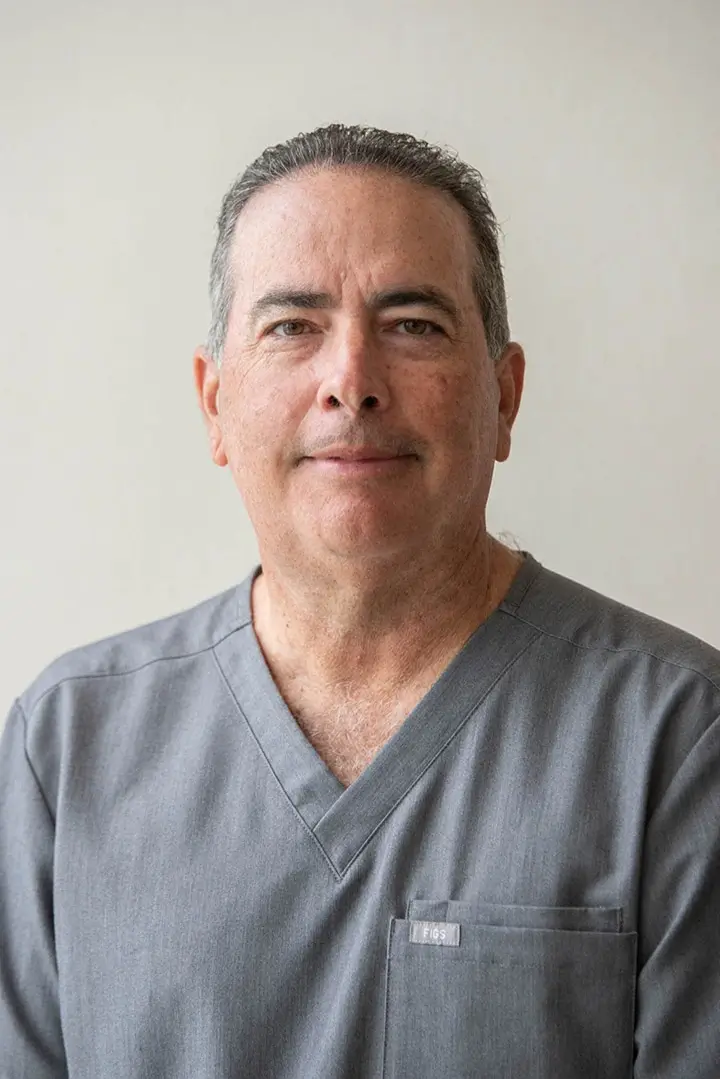Scientists at the University of California at Los Angeles have definitively identified both the place and the time at which the human body manufactures blood stem cells: the place is within endothelial cells, and the time is specifically during the period of mid-gestational embryonic development.
Although the basic, general anatomic location within the embryo from which blood stem cells originate had already been identified, no one knew with certainty which specific cell type it is within the embryo that gives rise to the blood stem cells. Two of the leading, competing theories argued that blood stem cells might be created within the endothelium, or perhaps outside of the endothelium in a neighboring location. Now it has finally been proven that the place of origin of blood stem cells is within the endothelium itself.
Scientists at UCLA’s Eli and Edythe Broad Center of Regenerative Medicine and Stem Cell Research made the discovery using genetically marked endothelial cells, which line the inside of blood vessels, and a “cell fate tracing technique” by which any new cells generated by the endothelial cells could be identified and their paths of migration followed.
According to Dr. Luisa Iruela-Arispe, professor of molecular, cell and developmental biology and director of the Cancer Cell Biology Program at UCLA’s Jonsson Comprehensive Cancer Center, “We genetically traced the endothelial cells to find out what they became over time. In that way, we were able to understand that, within the embryo, endothelial cells were responsible for the generation of blood stem cells. They make blood, they aren’t just the pipes that carry it.”
The finding has broad potential application to the development of new stem cell therapies for blood disorders and for certain types of cancer such as leukemia. Until now, no one has been able to grow blood stem cells outside of the human body without the cells losing their potency, but as a result of this discovery, however, it may now be possible to grow blood stem cells in the laboratory, directly from endothelial cells.
According to Dr. Ann Zovein, a Broad Stem Cell Research Center Training Grant postdoctoral fellow at the California Institute for Regenerative Medicine, “We found that endothelial cells are capable of making blood stem cells within embryonic areas that prevent differentiation into other lineages. In trying to understand how blood stem cells arise from the endothelium, we may learn enough to be able to grow pure, designer blood stem cells outside the human body.”
A further delineation of the time-line during which blood stem cells develop is also an important discovery with far-reaching applications of its own. The fact that endothelial cells manufacture blood stem cells only during a specific period of time during embryonic development, namely, at mid-gestation, has vast implications for any researcher who hopes to mimic the embryonic microenvironment in the lab. Among other variables, for example, cell signaling pathways that exist only during that particular phase of embryonic development play a major role in the self-renewing, non-differentiating nature of the blood stem cells at that stage, which scientists will need to understand in order to recreate such an environment in vitro, which thus far no one has been able to do. As Dr. Iruela-Arispe explains, “Next we need to understand what signaling mechanisms are at work that allow endothelial cells to make blood stem cells. We need to find out how we can program the endothelial cells to make blood stem cells, what’s important in the embryonic blood vessel wall that allows for this phenomenon and whether we can reprogram adult blood vessels to do the same thing.”
Although the discovery was made with mouse endothelial cells, Dr. Iruela-Arispe and her colleagues are now planning experiments with human endothelial cells in order to examine further the cellular and molecular signaling mechanisms behind the formation of blood stem cells.

